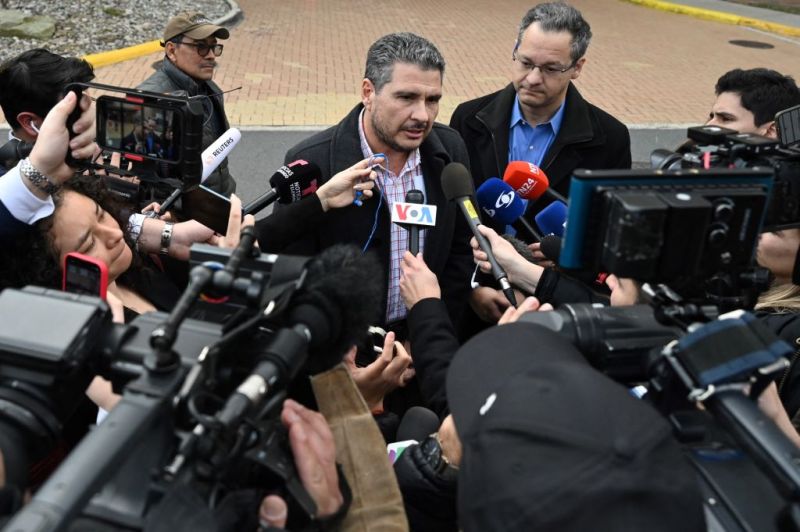
Washington, D.C. Newsroom, Feb 9, 2023 / 14:24 pm (CNA).
The dictatorship of Nicaraguan president Daniel Ortega deported 222 political prisoners to Washington, D.C., Thursday, including recently jailed priests and seminarians.
A Nicaraguan appeals court claimed the deportation was necessary to protect “peace” and “national security.” Friends and relatives eagerly awaited their arrival at Dulles International Airport.
U.S. Secretary of State Antony Blinken welcomed the freed prisoners, saying: “The United States welcomes 222 individuals who had been imprisoned by the government of Nicaragua for exercising their fundamental freedoms and have endured lengthy unjust detentions.”
He added that “the release of these individuals, one of whom is a U.S. citizen, by the government of Nicaragua marks a constructive step towards addressing human rights abuses in the country and opens the door to further dialogue between the United States and Nicaragua regarding issues of concern.”
Blinken announced that “the United States facilitated their safe transport to Dulles International Airport. The individuals arrived today, and the United States is providing medical and legal support to ease their arrival.”

According to ACI Prensa, those released included seven clergy and laity recently sentenced to a decade in prison by the Ortega regime for “conspiracy to undermine national security and sovereignty” and “spreading fake news.”
The freed priests included Ramiro Reynaldo Tijerino Chávez, 50, rector of the John Paul II University; Sadiel Antonio Eugarrios Cano, 35, former vicar of the Matagalpa cathedral; and José Luis Díaz Cruz, 33, current vicar of the Matagalpa cathedral.
Other deportees were Deacon Raúl Antonio Vega González, 27; seminarians Darvin Esteylin Leiva Mendoza, 19, and Melkin Antonio Centeno Sequeira, 23; and photographer Sergio José Cárdenas Flores, 32.
U.S. officials have reportedly confirmed that Cristiana Chamorro, a leading presidential contender before her arrest in 2021, was on board the flight. She was sentenced to eight years in prison last March and placed under house arrest after a conviction for money laundering. Other presidential hopefuls Arturo Cruz and Juan Sebastian Chamorro were also on the flight.
ACI Prensa reported that sources say the bishop of Matagalpa, Rolando Álvarez, who has been under house arrest in Managua since Aug. 19, 2022, was recently removed from the home where he was confined.
It is unclear if Bishop Alvarez was on the plane. Some reports indicate that he was offered a place on the plane, but declined it and remains imprisoned in Nicaragua.
Some tweets captured the joyous scenes of relatives, friends, and even well-wishing strangers waiting to welcome the freed prisoners at Dulles Airport.
This is a developing story.
If you value the news and views Catholic World Report provides, please consider donating to support our efforts. Your contribution will help us continue to make CWR available to all readers worldwide for free, without a subscription. Thank you for your generosity!
Click here for more information on donating to CWR. Click here to sign up for our newsletter.




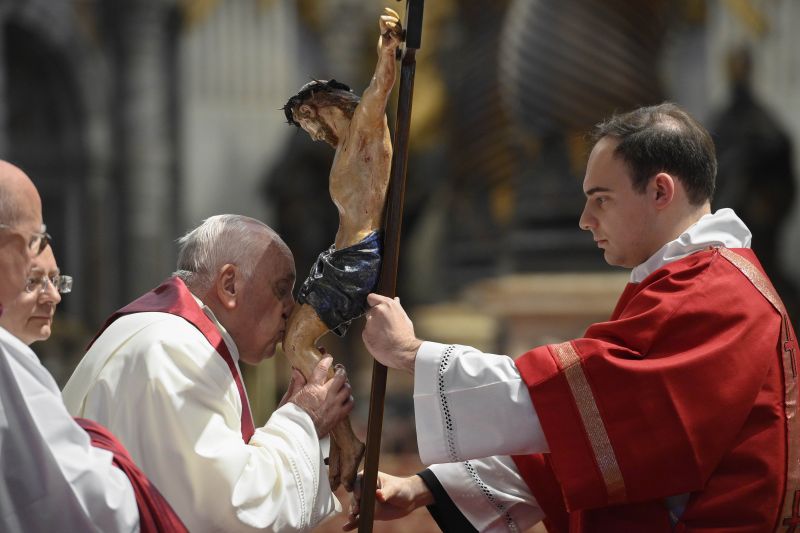
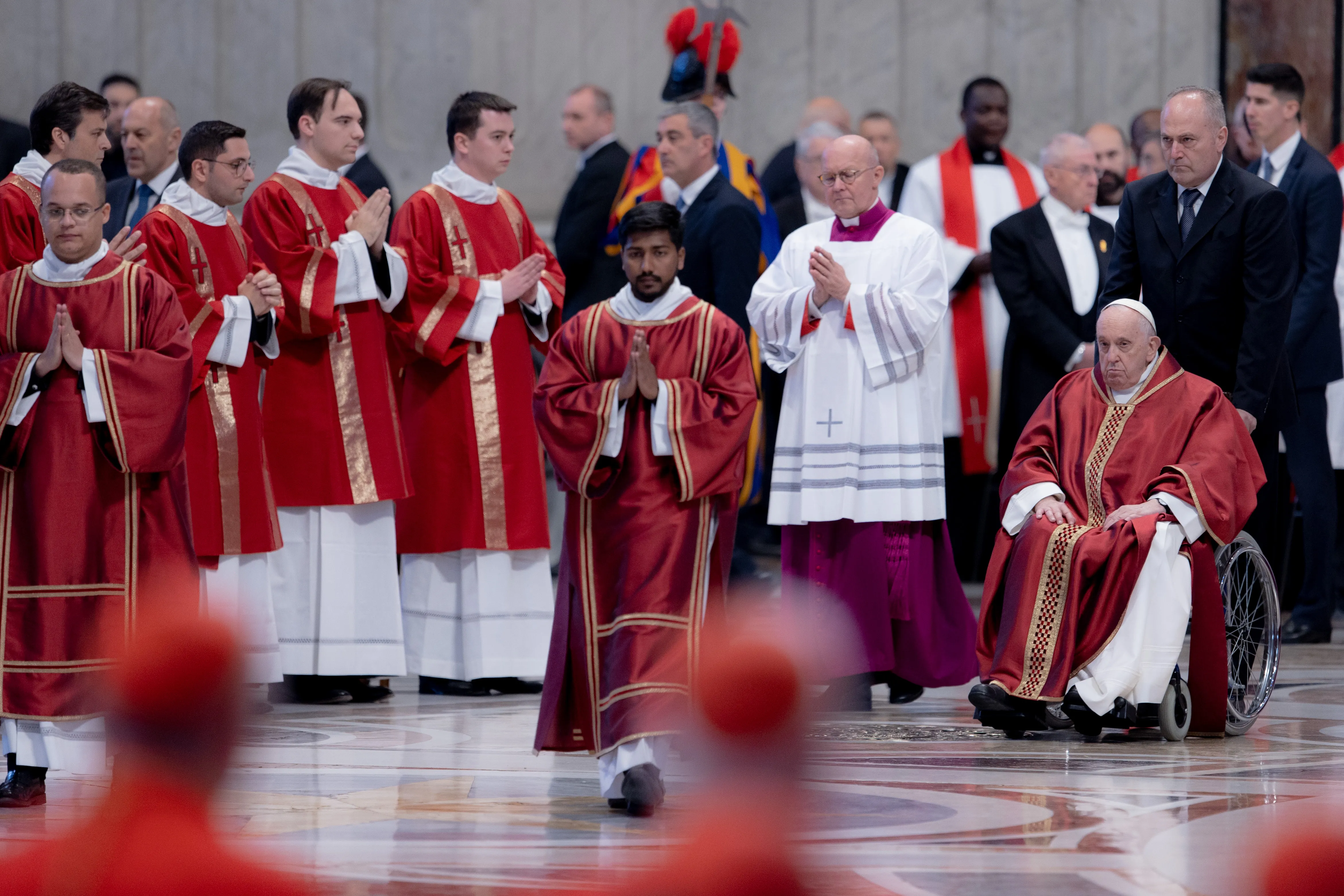
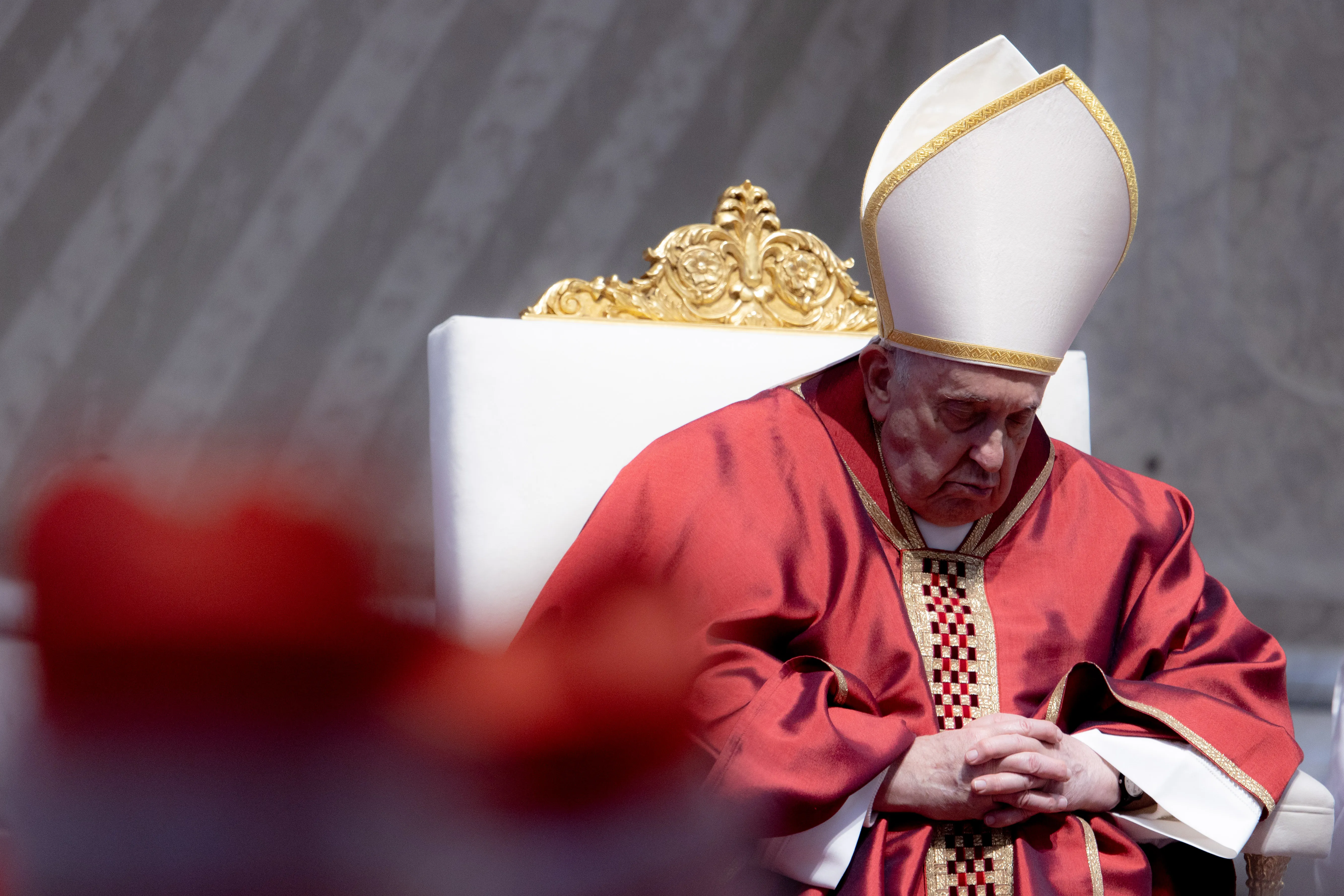
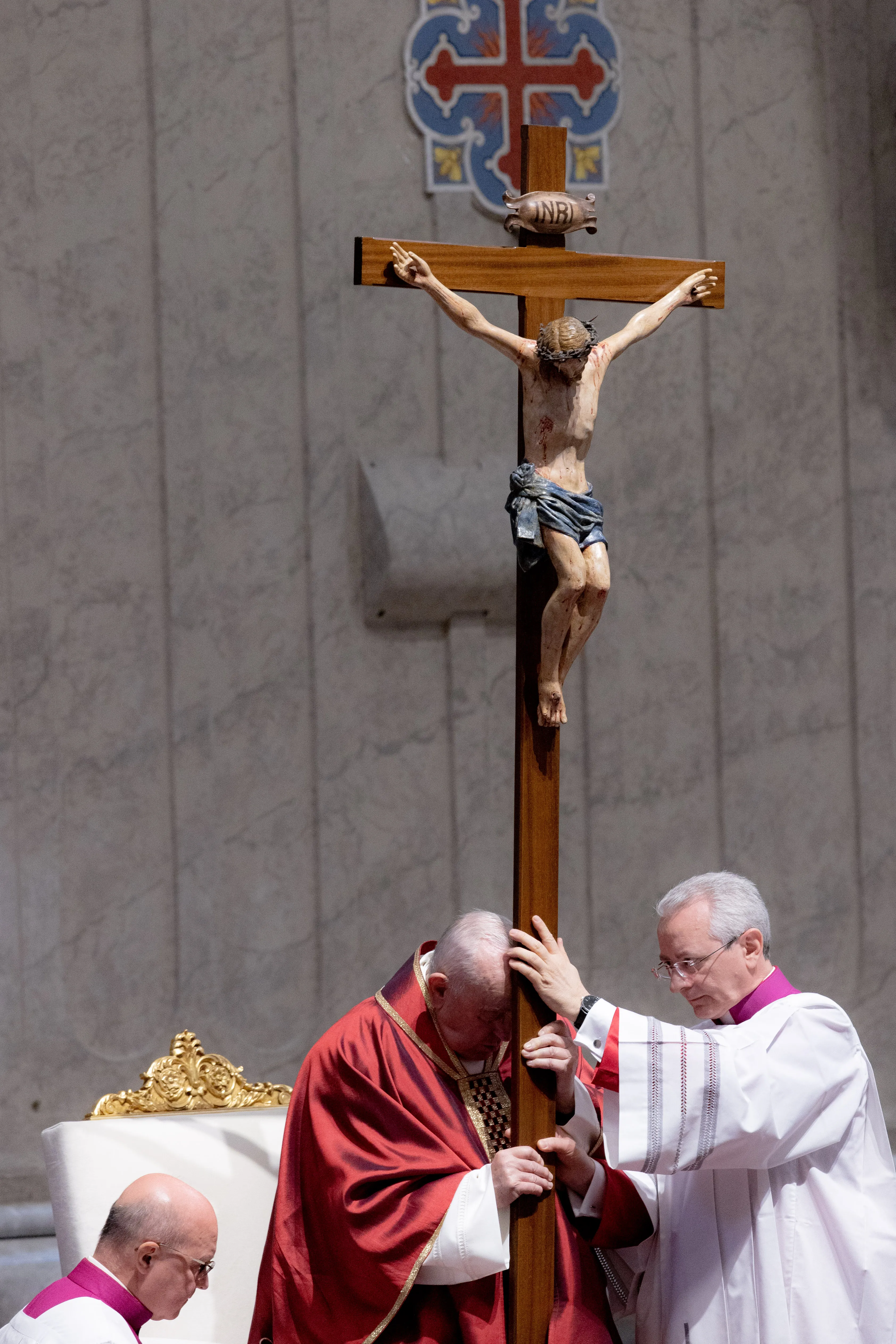
Nicaragua’s loss, our gain.